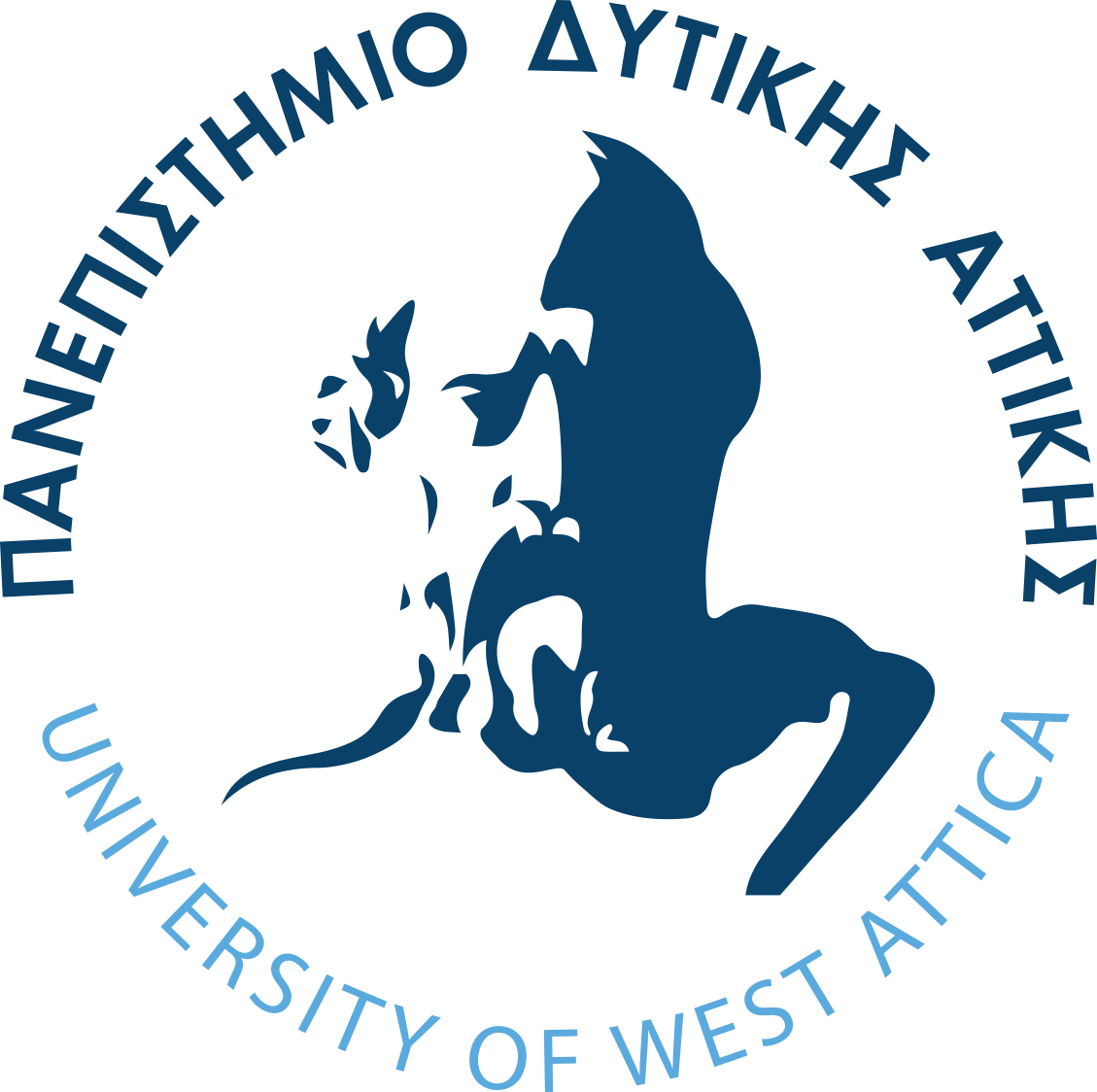"Software Quality Analysis using Machine Learning to ensure personal data and privacy protection"
The objective of the proposed research is the development, testing and evaluating data protection mechanisms for communication and storage, as well as to find and evaluate mechanisms for protecting the privacy of the subjects. This will be achieved through: a. A review of the current work regarding to data protection and the privacy of these subjects.
b. The design and implementation new data protection and monitoring mechanisms.
c. Testing and evaluation of the access techniques which will be developed





















